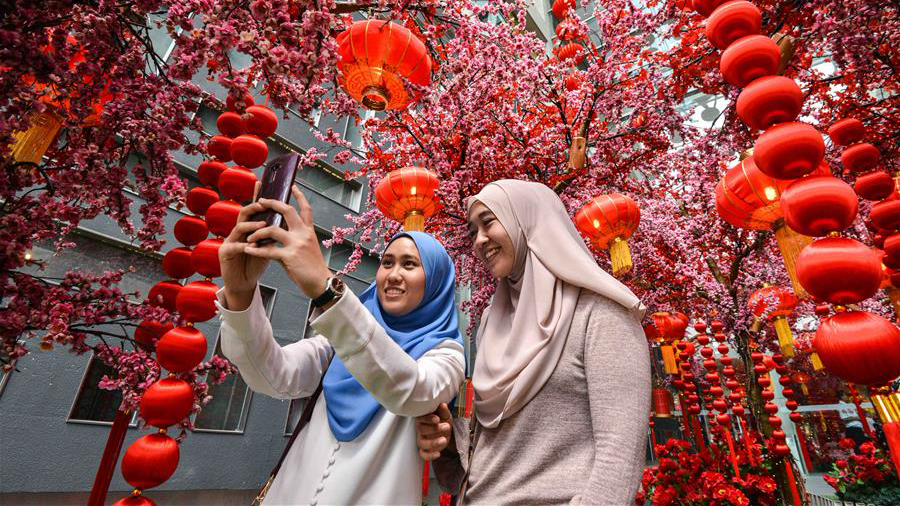Did You Know: Hari Raya & Chinese New Year Will Fall In The Same Week In 2029
Double celebrations!
Did you know that Hari Raya Aidilfitri will coincide with Chinese New Year in 2029, 2030, and 2031?
As time goes on, Hari Raya is happening a few days earlier each year. This means that in a few years' time, Hari Raya and another big celebration will both take place during the same week.
The phenomenon has been fondly dubbed Gongxi Raya, or Kongsi Raya, a portmanteau of popular Chinese New Year wish gong xi fa cai and Malay words kongsi, which means 'to share', and raya, which means 'celebration'.
Here are the tentative dates for Chinese New Year and Hari Raya in 2029, 2030, and 2031, according to TimeandDate.com:
2029
13 February (Tuesday) - Chinese New Year Day 1
14 February (Wednesday) - Chinese New Year Day 2
15 February (Thursday) - Hari Raya Day 1
16 February (Friday) - Hari Raya Day 2
2030
3 February (Sunday) - Chinese New Year Day 1
4 February (Monday) - Chinese New Year Day 2
5 February (Tuesday) - Hari Raya Day 1
6 February (Wednesday) - Hari Raya Day 2
2031
23 January (Thursday) - Chinese New Year Day 1
24 January (Friday) - Chinese New Year Day 2
25 January (Saturday) - Hari Raya Day 1
26 January (Sunday) - Hari Raya Day 2
The coincidence happens due to the festivals' reliance on lunar calendars
More specifically, the date of Chinese New Year is determined by looking at the traditional Chinese calendar, a lunisolar calendar, while Hari Raya is determined by the Islamic calendar, a purely lunar calendar.
In the Islamic calendar, a year is made up of 354 days following the cycles of the moon, which is shorter than the Gregorian solar calendar of 365 days in use today. As a result, it does not keep pace with the change of seasons.
Meanwhile, the Chinese use a hybrid lunisolar calendar of 354 days, similar to the Islamic calendar. However, they add an extra 13th month once every three years to make up for the difference and ensure that the seasons occur at about the same time every year.
This explains why Chinese New Year is celebrated consistently in late January or February, while Hari Raya moves forward every year.
It's going to be special, as the occurrence of Hari Raya coinciding with Chinese New Year only happens every 30 years!
The last Gongxi Raya occurred in 1996, 1997, and 1998.
Before that, it was last seen in 1964, 1965, and 1966.



